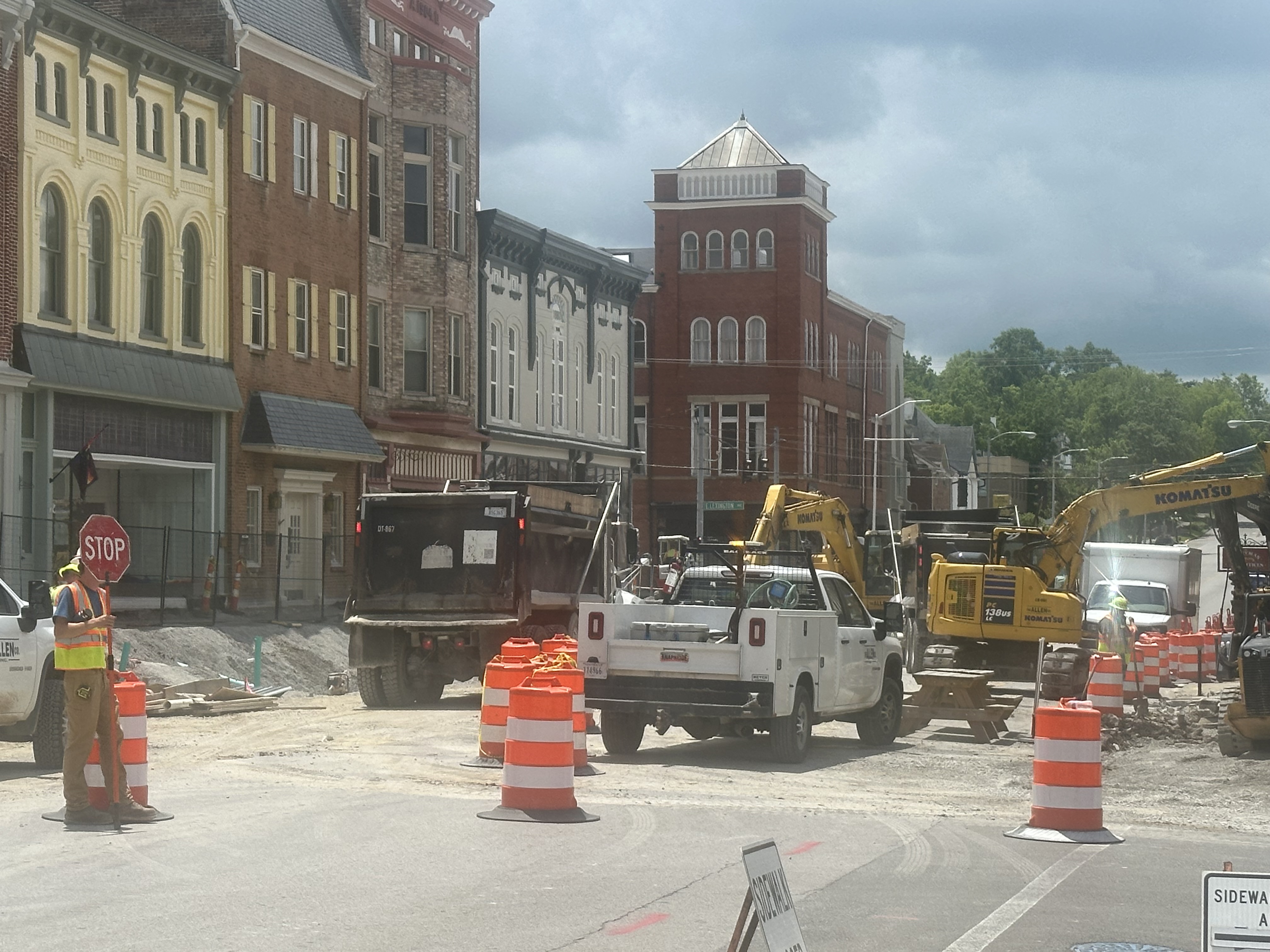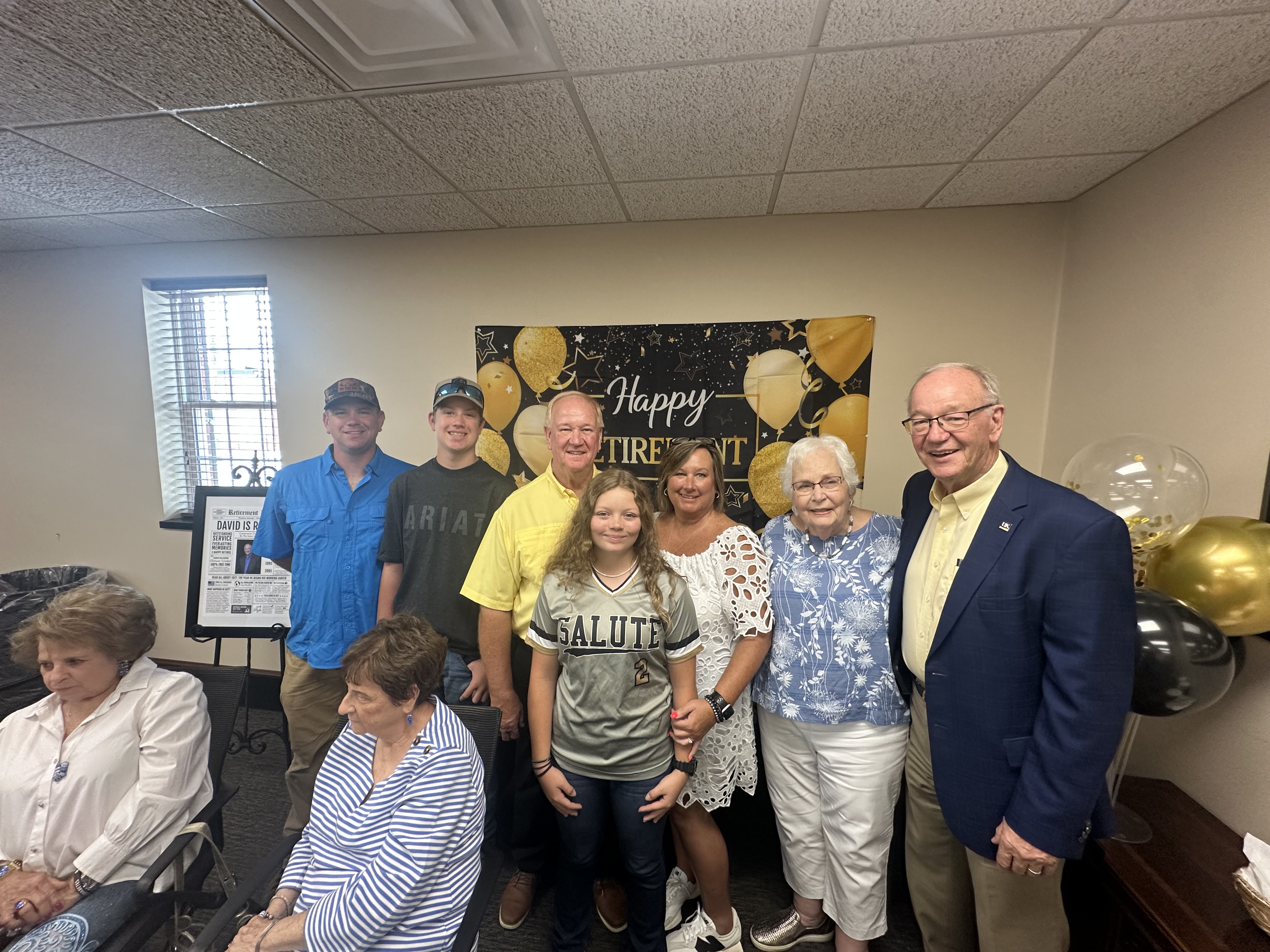Dealing with fall yard waste
Published 9:40 am Wednesday, October 11, 2017
By David Davis
With Halloween just around the corner, fall has come up on us in a hurry.
As I went out of my house one morning earlier this week, I noticed I am starting to have quite the leaf collection in my gutters and on my lawn. And I am not talking about my 4-H leaf collection, either!
Leaves are starting to change to their vibrant colors and many leaves have already started falling.
Many of our residents do not like the look on the lawn that comes of an abundance of falling leaves. Many work hard each fall to remove leaves from the lawn. This can create many issues, especially for those who live in the city limits.
One common practice in urban areas is that leaves are blown, raked or collected in a manner that blocks storm drains.
Be aware this can create many issues with the storm water system. Leaves can cause trash and other debris to collect which may clog up storm drains. This can create flooding issues when the next rain event occurs.
Much of the time it is neighbors down the street in the low-lying areas that are impacted by a blocked storm water drainage system.
Most storm water drainage systems also run directly into a stream. Drains may not clog, but excessive yard waste material may find its way into streams or other bodies of water. Excessive plant debris in streams can eventually lead to low dissolved oxygen levels that negatively impacts aquatic life.
A much better practice is to turn leaves, kitchen or garden waste, and other fall yard waste into a usable compost.
Leaves can be stored in a compost area or bin, and then be added as a carbon source throughout the year to grass clippings or food wastes, that are much higher in nitrogen, to make a usable compost.
The final composted product is great to add to gardens or flower beds.
If you are not into gardening, but are into lawn care, mulching leaves instead of collecting them is great for lawns. Leaving mulched leaves on the lawn adds organic matter to the soil, makes use of the soil nutrients contained in the leaf material and the mulching process allows seeing the lawn grasses instead of a blanket of leaves.
Just simply rake or blow leaves into rows, and run over those rows several times with a lawn mower to mulch them.
After a couple of weeks, you will hardly know those leaves were even there. However, you will have to repeat the process if leaves are still falling off the trees.
I never really minded a few leaves on my lawn, but I like mulching a large pile of leaves just because it is kind of fun.
Mulching or composting is a great way to deal with fall yard waste.
By following these practices you will be helping the environment by protecting water quality and keeping yard waste out of the landfill.
If you would like more information regarding composting or protecting storm water, call me at the Clark County Extension Office at 744-4682.
David Davis is the Clark County Cooperative Extension Service agent for agriculture and natural resources.





